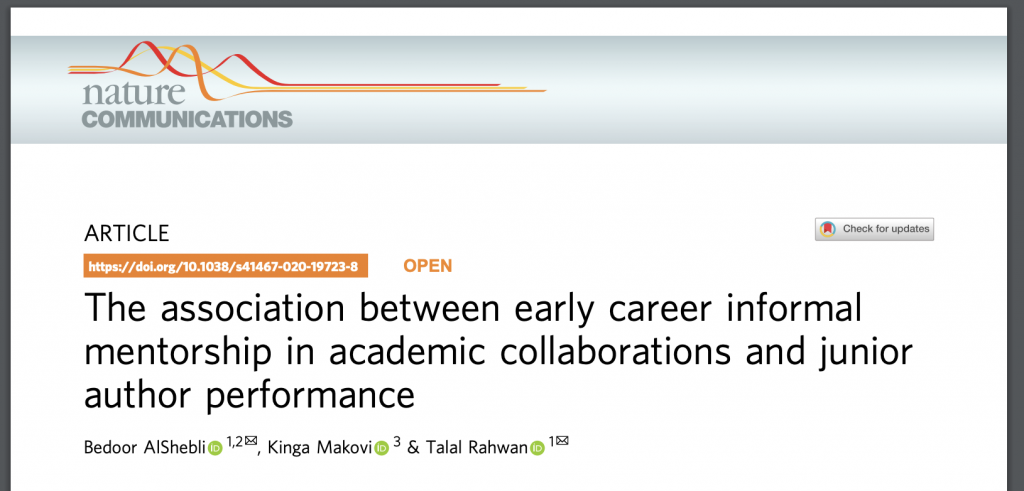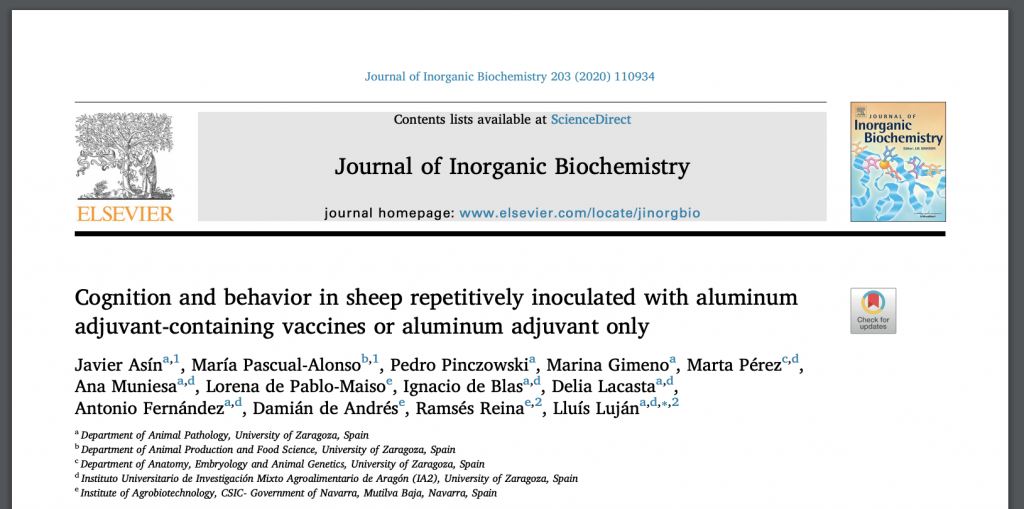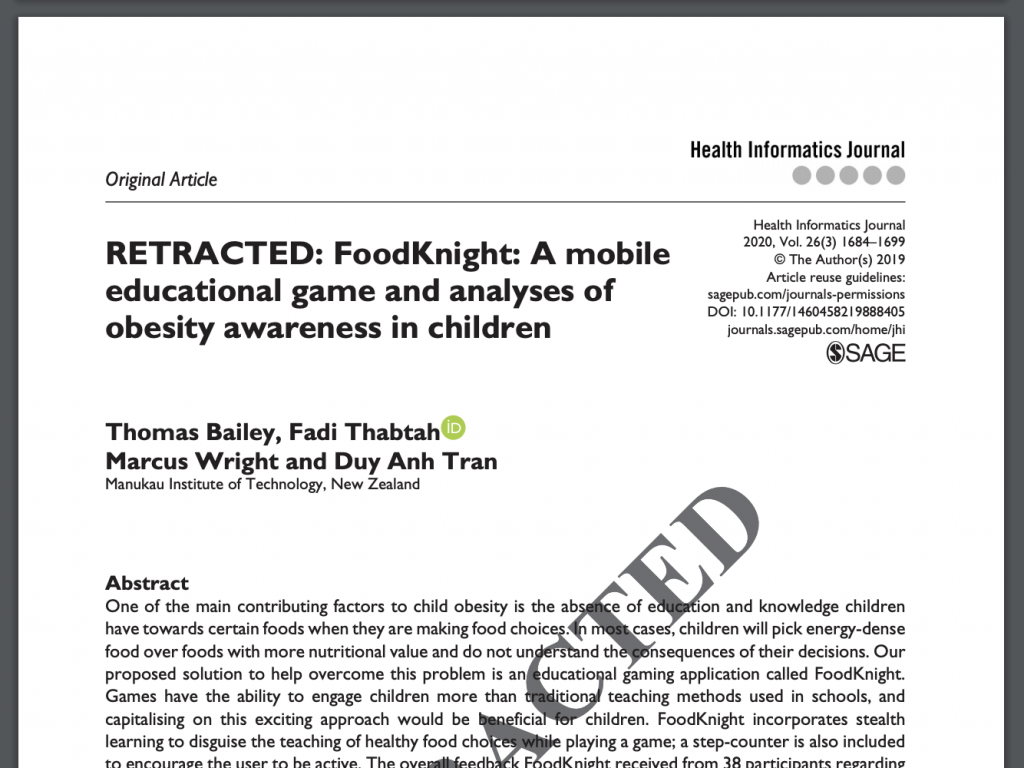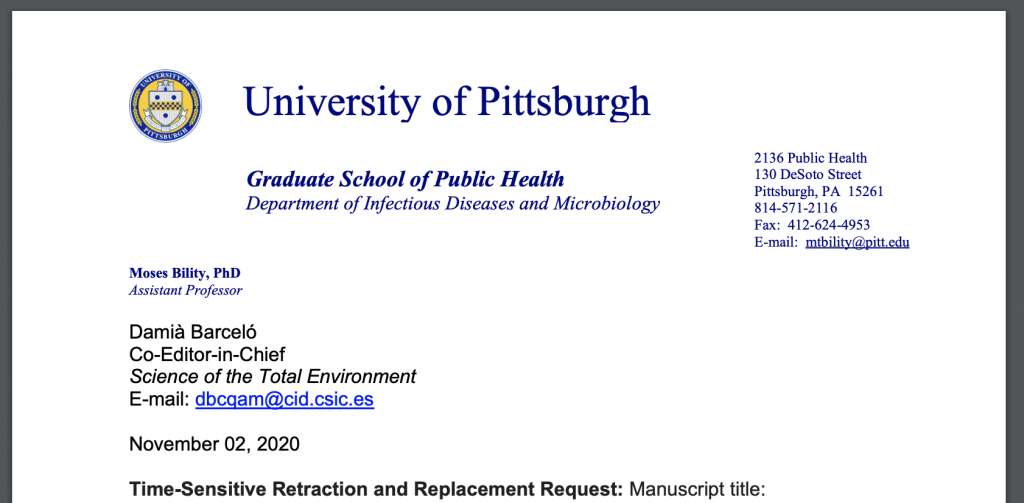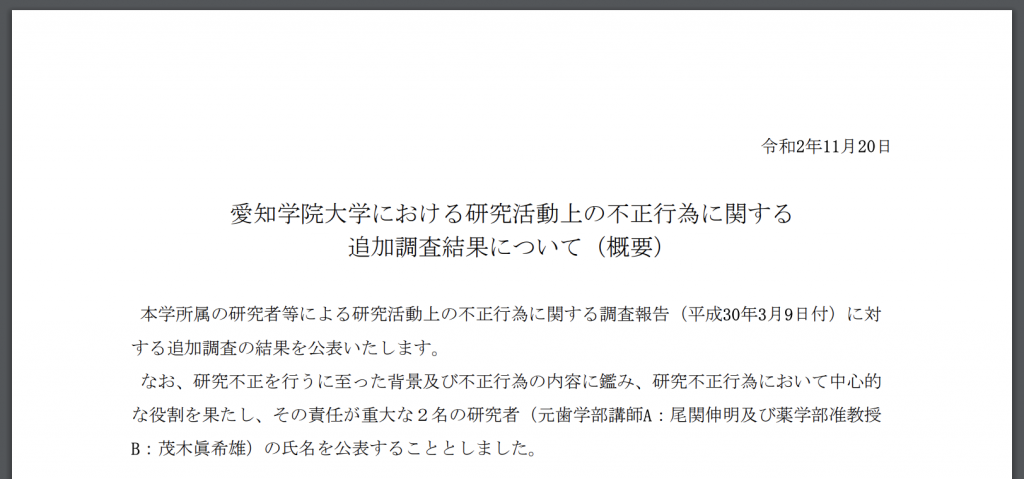
A stem cell researcher in Japan could end up with 23 retractions after officials at his former institution confirmed that he’d committed research misconduct in nearly two dozen papers.
According to a report released last week by Aichi Gakuin University, Nobuaki Ozeki misused images, fabricated data and recycled text in 20 papers. Ozeki has had 19 papers retracted to date, 17 of which are described in the analysis. The latest report — an offshoot of one in 2018 that found he had committed misconduct in three papers — expands Ozeki’s liability to 22 articles.
Ozeki has roughly 40 indexed journal articles on his CV, however, and journals may decide to conduct their own investigations into his work. Articles in the International Journal of Medical Sciences, Differentiation, and the Journal of Endodontics were named in the report but so far remain intact.
Continue reading Stem cell researcher’s retraction count may near two dozen

